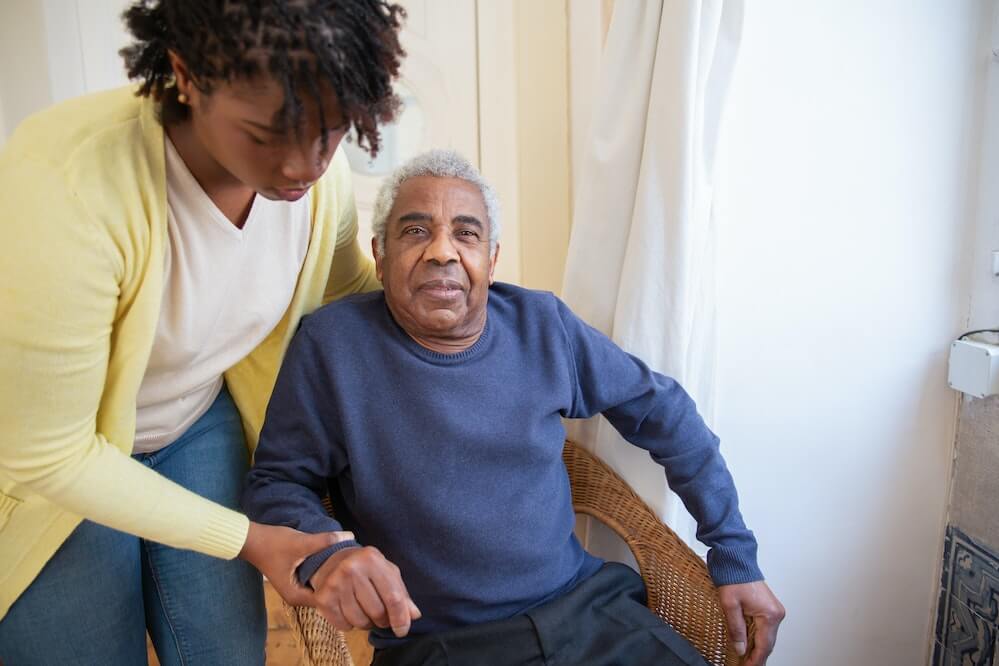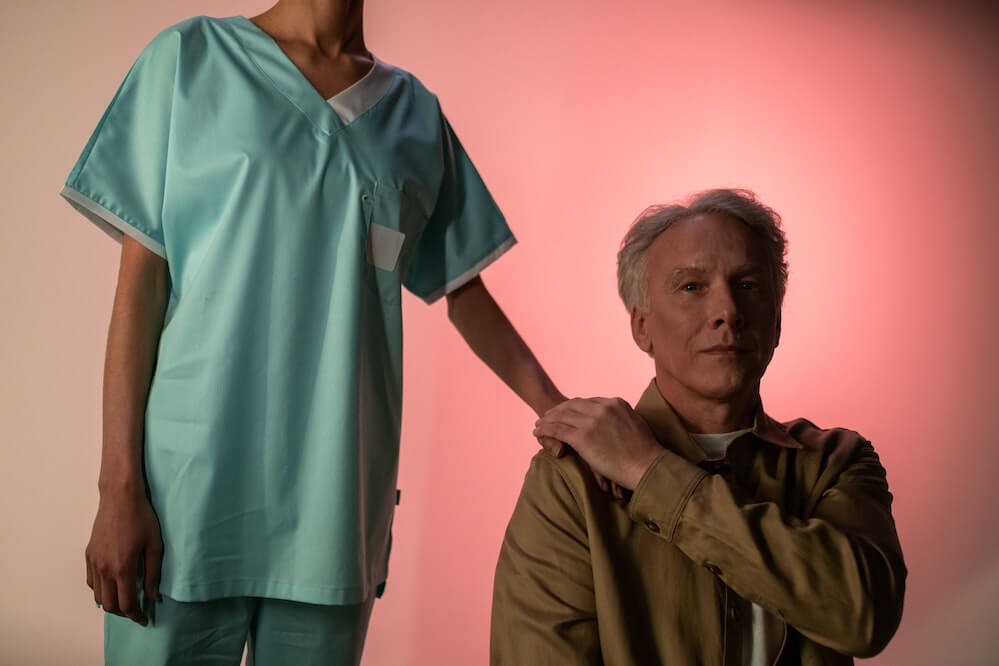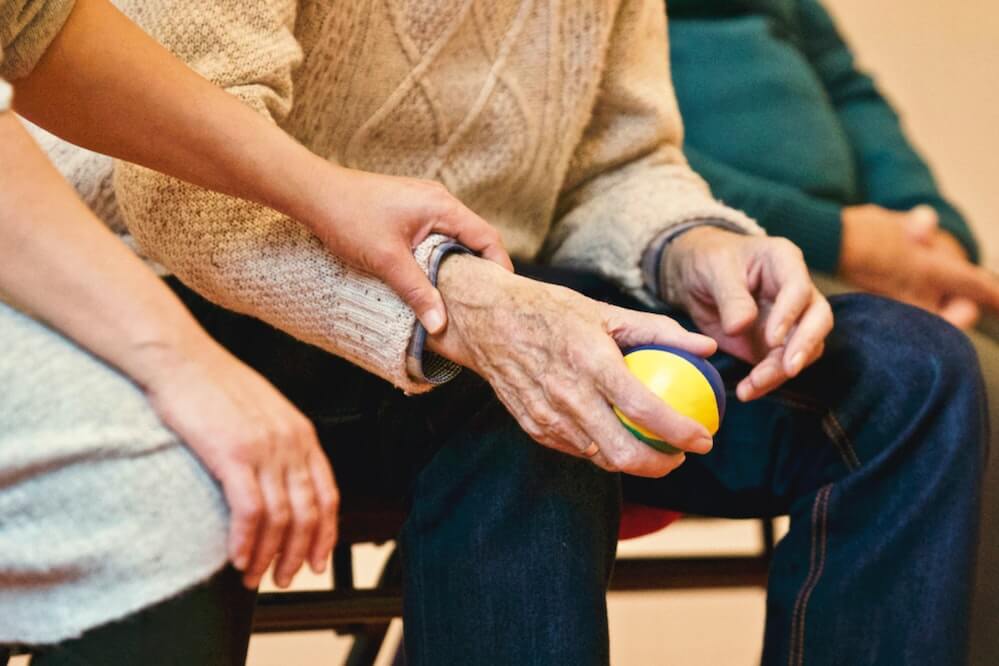The term “skilled nursing care” can be best described as the patient’s need for treatment or care offered by licensed nurses. This type of care is commonly provided in assisted living facilities, hospitals, nursing homes, and other certified facilities. These around-the-clock facilities are suitable for people who need more time to recover from injuries or need assistance to improve the quality of their lives. Medical professionals understand their patient’s unique needs and circumstances and provide treatment and care as best as possible.
If you want to learn more about this type of nursing, we got you covered. In this article, we’ll explore what skilled nursing is, the types of skilled nursing care, when skilled nursing care is needed, and much more.
What Is Skilled Nursing Care?

Skilled nursing care refers to the medical care or treatment provided by a licensed nurse or other healthcare professionals. The people who need skilled nursing care may require services at a high intensity or around-the-clock supervision for health issues (post-surgery care, disabilities, and severe injuries) or services that need weekly monitoring. These services can be temporary for people rehabilitating from an illness or injury or long-term for seniors with declining function and mobility or for people with a chronic medical condition.
Patients can receive skilled nursing care in hospitals, skilled nursing care facilities, assisted living facilities, etc.
Some of the skilled nursing care staff include:
- Licensed practical nurses
- Registered nurses
- Medical directors
- Licensed vocational nurses
- Audiologists
- Speech/language pathologists
- Certified nursing assistants
- Physical therapists
- Dieticians
When Is Skilled Nursing Care Needed?

There are many situations where a person might need skilled nursing care, whether at certain times of the day or 24 hours a day. Some of these instances include care after an injury, rehabilitation, recovery from a stroke or surgery, and other medical matters. More specifically, skilled nursing care can provide patients with the following services:
- Tube feedings
- Diabetic management
- Blood transfusions
- Post-operative wound care
- Assistance with the activities of daily living
- Physical therapy
- Catheter, incontinence, and colostomy care
- Intramuscular injections
- Speech therapy
- Occupational therapy
- Laboratory, pharmaceutical, and radiology services
Types of Skilled Nursing Care

Skilled nursing care can vary depending on the patient’s condition; therefore, you’ll find many types of skilled nursing care. We offer a list of different types; however, it is not limited to them.
Physical therapy
One type of skilled nursing care is physical therapy, through which patients can expect to relieve pain, restore mobility and function, improve gross motor skills, and prevent disability. Physical therapy aims to help people improve the quality of their lives after going through a traumatic injury, suffering from a neurological condition, musculoskeletal dysfunction, cardiopulmonary condition, sports-related injury, etc.
Speech therapy
Speech therapy aims to help children and adults with communication problems and speech disorders, including aphasia, cognitive-communication disorders, dysarthria, resonance disorders, etc. It also aims to improve fluency, clarity and expression, language comprehension, early language skills, and the ability to use their voice.
Occupational therapy
Occupational therapy (OT) focuses on helping individuals overcome physical challenges performing everyday life activities. OT professionals focus on aiding patients to improve their fine motor skills to do activities such as brushing their teeth, cutting food, driving, using a smartphone, etc. People may need occupational therapy to regain independence after an injury or to adjust to daily chores for those with developmental delays.
Custodial care
Custodial care is long-term non-medical support for individuals who need help with personal care activities on a daily or ongoing basis. Those activities include eating, dressing, bathing, grooming, etc.
Nutrition therapy
This type of skilled nursing care is a nutrition process for people undergoing certain medical conditions, such as diabetes, renal disease, celiac disease, food intolerances, inflammatory bowel disease, Crohn’s disease, gastroparesis, etc. Professionals will assess, diagnose, and counsel patients so they get healthy and nourishing meals.
Cardiac care
The main goal of cardiac care is to assist people who have undergone cardiac-related surgeries or live with chronic cardiac diseases, such as cardiac arrhythmia, hypertension, coronary artery disease, etc. Part of cardiac care is helping patients understand their cardiac condition and educating them on managing their illnesses.
Pulmonary rehabilitation
Furthermore, patients can join a pulmonary rehabilitation program to learn more about their disease and how to manage it. They’ll learn to exercise their lungs and muscles and be more active in daily life with less shortness of breath. People who can benefit from a pulmonary rehabilitation program are those who have asthma, cystic fibrosis, lung cancer, pulmonary hypertension, sarcoidosis, bronchiectasis, etc.
Post-stroke recovery
This type of skilled nursing care includes special care and therapies for people recovering from a stroke to restore strength and mobility, improve speech and swallowing, relearn daily tasks, and, in short, help patients regain independence. Post-stroke rehabilitation activities include mobility training, motor-skill exercises, constraint-induced therapy, functional electrical stimulation, therapy for cognitive disorders, virtual reality stimulation, etc.
Skilled Nursing Care Options

The core of skilled nursing care is to provide treatment and care for patients with different health problems that render their life quality; therefore, you’ll find various options for skilled nursing care depending on the patient’s needs.
Skilled nursing care at home
Some patients prefer the comfort of their homes and may choose to receive skilled nursing care whenever needed. Skilled nurses can help patients with in-home activities, such as:
- Wound care
- Injections
- Health monitoring
- Feeding tubes or other nutrition forms
- IV therapies
- Blood draws
- Physical or occupational therapy
Skilled nursing care at assisted living facilities
Assisted living facilities are a residential option suitable for seniors who want to maintain independence but require more assistance with their daily activities. Some of the skilled nursing care services available at an assisted living facility are:
- Exercise and wellness programs
- Emergency call systems
- Hygiene activities assistance
- Medication management
- Medical service access
Skilled nursing care facilities
Skilled nursing facilities are temporary in-patient rehabilitation and medical treatment centers that offer round-the-clock assistance and activities of daily living. The main goal of skilled nursing facilities is to provide transitional care, meaning they assist patients until they get well enough to go home.
These facilities offer occupational therapy, custodial care, rehabilitation services, physical therapy, speech therapy, pharmaceutical services, dietary services, social services, and other health services patients need to recover.
Conclusion
Skilled nursing staff includes registered nurses and licensed practical nurses, and this can be an excellent career option for you if you want to be part of a community and build lasting relationships with the staff and patients, learn from other generations, or positively impact your patients’ lives. Check out our programs in Registered Nursing and Practical Nursing and learn in a holistic education space. Giving equal importance to mental, physical, and emotional health is even more critical when working with vulnerable members of society or people who have gone through a traumatic situation.